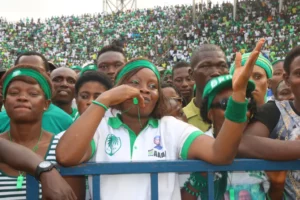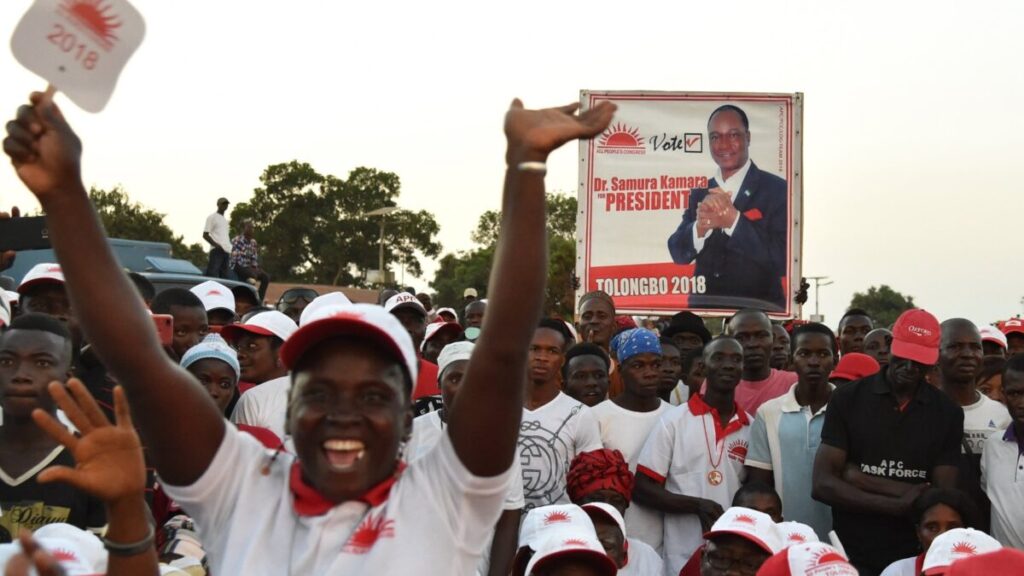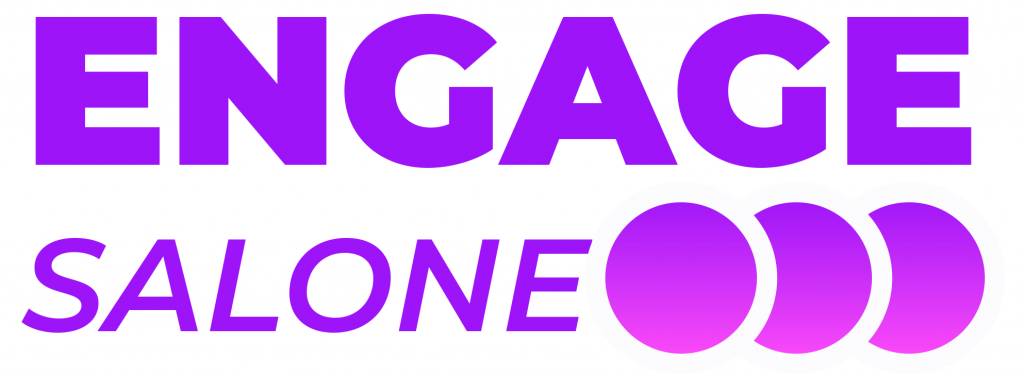The Political Parties Regulation Commission (PPRC) has announced that campaign parades, also known as rallies, will be banned in this year’s elections. The decision has indeed divided opinion as sections of society welcome it, while others have criticised it. Well, we always end up with decision-makers whose go-to problem solver is to ban and forbid; and the idea that outlawing campaign processions is the best way to deal with the risks is the sort of lazy thinking that has always dominated public decision-making in this country. There are so many issues with the ban and we will attempt to highlight them in this editorial.
The interesting element in all of this is how the ruling party and its supporters are generally supportive of the PPRC decision, while the main opposition are against it. It shows that there is no consensus between the two main parties on this matter and also there is an indication that one party stands to benefit from the ban.
The PPRC has cited public order, safety and related issues as the main reason for banning the processions. As we mentioned in the beginning, this is always the case when people in decision-making positions in this country are faced with public order and safety challenges. They ban. There is never a conversation on how to solve the problem and strike a balance between the various interests involved. Laziness does not allow us to think outside of the box. Lantern and masquerade parades pose a threat to public order. Ban! Inter-secondary schools sporting competitions. Ban! A weekend morning run by groups of young people. Ban! Our leaders and law enforcement institutions always surrender to anything that is challenging and makes them uncomfortable.
In the statement that announced the ban, the PPRC went on a sanctimonious lecture on public order, peace and security, as well as the rights of others. They even suggested that processions and rallies were useless, unholy gatherings that destabilise our youth, reminding us that the essence of elections is to “reflect”. Sorry, but it is not the PPRC’s place to determine how people exercise their freedom to associate. You could sense the prejudice in the agenda of the meeting as it clearly stated that they needed to “evaluate the essence of rallies”. It is for individual parties to decide whether they want to do rallies and processions or not. Parties and their supporters must be free to use whatever tool or channel they have as long as they do not break any law. Even before the official campaign season begins and even before any reports of public order incidents related to processions and rallies have been made, the PPRC is making it a priority issue. Was it a concern of the political parties? Was any complaint made by members of the public about campaign processions and rallies? More people have died in non-campaign events over the last five years. From Tombo to Freetown and Makeni. The events such as the by-elections in Tonko-Limba and Freetown, which the PPRC cite, do not hold in this case. And for a reminder, what was the outcome of the investigations into those incidents? The ruling party and government officials were filmed disrupting elections and nothing was done. And who were the “all registered political parties” that attended the meeting to decide on the ban? How many fully registered and compliant political parties are there in Sierra Leone today? To think that you are using a ban to effect any positive change in the way politics is done is ludicrous. The messiness of our politics goes way beyond rallies and processions and whether you ban them or not changes nothing apart from satisfying conservative forces.

Processions and parades are the right of political parties and individuals who support them. Those who want to parade the streets in their party colours, drink and dance should be able to do so. These are consenting adults and one would wonder why the PPRC is making it their business to regulate how people conduct their lives. Even when they do not conduct themselves properly, institutions like PPRC and the Police should be able to hold the parties to account. In cases where individual culprits can be identified, they must be held accountable for contravening established laws. We cannot ban people from exercising their rights just because we do not agree with the way they choose to do it.
There is a hint of tyranny in this and the other bans that the State has placed on activities such as the lantern and masquerade parades, affecting our heritage and culture. At the same time, female genital mutilation goes on unabated, with children dying; and churches and mosques continue to disturb other people’s peace with noise pollution across towns and cities. The State looks the other way. This is a very conservative and selective approach to how the powers that be make decisions that affect sections of society that do not have powerful people speaking for them.
When the PPRC recognises risks that may come from the way parties conduct themselves during the campaigns, they must work with the parties and the other elections management bodies, including the police, to mitigate those risks in a manner that is inclusive and is in good faith. Not the sort of prejudice that you see in the PPRC statement that came out this week. They can have strict rules about routes, the behaviour of party supporters and the use of illegal drugs and alcohol. They can even have the parties recruit and train their own marshals who will be responsible for controlling the processions. There are a million things that can be done to make political campaign events better. Like any other event involving large numbers of people, there will always be challenges. It is the job of the authorities to think of how to address the challenges. Bans are nothing but a demonstration of laziness, prejudice and conservative tyranny.


